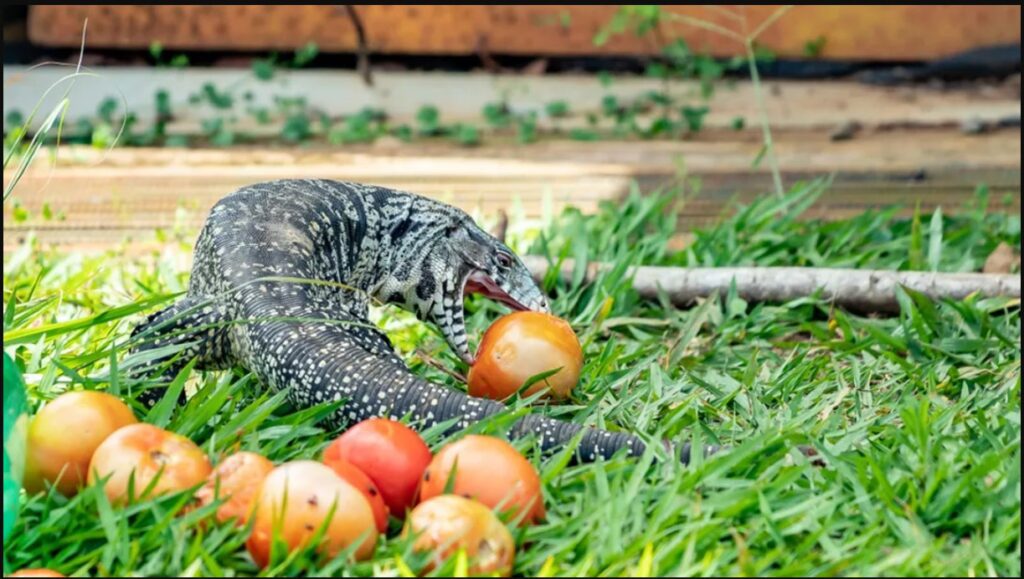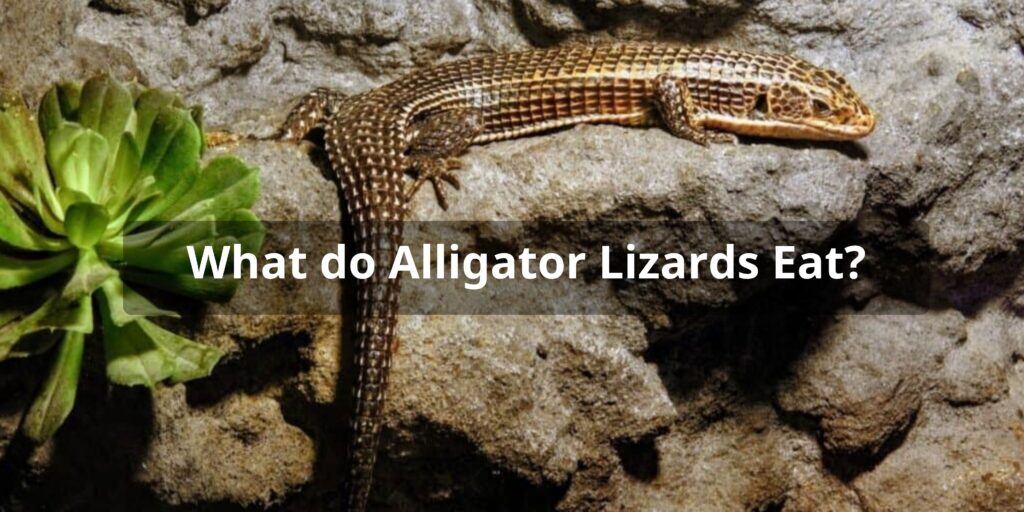Introduction Black and white tegus are beautiful reptiles that make excellent pets. As with any pet, it is essential to understand their dietary needs to promote good health and longevity. This article will provide detailed information on the best foods for black and white tegus, including live food options, vegetables, fruits, and essential vitamins and minerals. Additionally, we will provide feeding guidelines and tips to ensure your black and white tegu’s nutritional needs are met.
Black and White Tegus Diet Basics
Understanding the basics of a black and white tegu’s diet is crucial to providing optimal nutrition. Here are some bullet points to keep in mind:
- Adult black and white tegus should be fed once every two to three days.
- Juvenile tegus require daily feeding.
- The insect to plant food ratio should be roughly 50/50.
- Black and white tegus need a balanced diet consisting of protein, calcium, and other essential nutrients.
Essential Foods for Black and White Tegus Diet
It is essential to provide black and white tegus with a diverse range of foods to ensure they receive all the necessary nutrients. Below are some essential foods for their diet.
Preferred Live Food Options
- Crickets
- Mealworms
- Dubia roaches
- Waxworms
- Superworms
- Locusts
Safe Vegetables for Regular Intake
- Collard greens
- Mustard greens
- Dandelion greens
- Squash
- Sweet potato
- Bell peppers
- Green beans
Recommended Fruits for Black and White Tegus Diet
- Blueberries
- Strawberries
- Mango
- Papaya
- Banana
- Kiwi
- Melon
- Apple
Essential Vitamins & Minerals
Certain vitamins and minerals are essential for black and white tegus’ overall health. Here are some important ones to keep in mind:
- Calcium
- Vitamin D3
- Vitamin A
- Vitamin E
- Phosphorus
Foods to Avoid for Black and White Tegus
While a diverse diet is crucial, there are certain foods that black and white tegus should avoid. Here are some examples:
- Avocado (toxic to reptiles)
- Citrus fruits (can cause digestive problems)
- Spinach or kale (high in oxalates, which can bind calcium)
- Tomatoes (high in acid, which can irritate the stomach)
Feeding Guidelines for Black and White Tegus Owners

It’s essential to follow certain guidelines when feeding black and white tegus to ensure they receive the correct nutrients in the right amounts. Here are some tips:
- Offer food every two to three days for adults and daily for juveniles.
- Feed live food to provide protein.
- Supplement with vegetables and fruits for a balanced diet.
- Dust insects with calcium powder before feeding.
Understanding Black and White Tegus Hydration Needs
In addition to a balanced diet, black and white tegus require access to fresh water at all times. They enjoy soaking in shallow water dishes, so ensure your enclosure has one for them to use when desired.
Providing a balanced diet consisting of live food, vegetables, fruits, and essential vitamins and minerals is critical to promoting good health in black and white tegus. Feeding guidelines and hydration needs are also essential to ensuring their nutritional requirements are met. By following these guidelines, you can help your black and white tegu thrive in captivity.
FAQs About Black and White Tegus Diet
Can black and white tegus be fed a diet primarily consisting of protein?
Answer: While protein is essential, a diet solely based on protein is inadequate for black and white tegus. These omnivores require a balanced mix of protein, vegetables, and fruits. A varied diet replicates their natural food sources and ensures optimal health.
How often should I feed my black and white tegu, and what is the suggested feeding schedule?
Answer: Young black and white tegus should be fed daily, while adults can be fed every 2-3 days. Adjust feeding frequency based on their age, size, and activity level. A diverse diet, including insects, lean protein, vegetables, and fruits, supports their well-being.
What types of fruits and vegetables are suitable for a black and white tegu’s diet?
Answer: Black and white tegus can consume a range of vegetables like collard greens, kale, and carrots, as well as fruits such as berries, apples, and bananas. Avoid high-oxalate greens and offer a variety of nutrient-rich options for their optimal health.
Is it important to provide calcium and other supplements for black and white tegus?
Answer: Yes, calcium supplementation is crucial for black and white tegus. Proper calcium-to-phosphorus ratio supports bone health and prevents metabolic bone disease. Vitamin and mineral supplements should be provided to replicate their natural dietary needs.
What happens if a black and white tegu’s diet lacks proper nutrition?
Answer: A diet lacking proper nutrition can lead to health issues like metabolic bone disease, organ problems, and weakened immune systems in black and white tegus. Inadequate intake of essential nutrients affects their overall health, growth, and longevity.
Are there any specific insects that should be avoided in a black and white tegu’s diet?
Answer: Black and white tegus can eat a variety of insects, but those with hard exoskeletons should be limited, as they can be harder to digest. Avoid insects caught in the wild due to the risk of pesticide exposure. Providing gut-loaded insects ensures better nutritional value.



